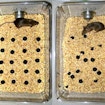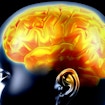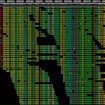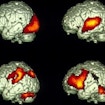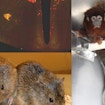
Preliminary studies suggest that the so-called ‘love hormone’ oxytocin could improve some of the social deficits characteristic of people with autism. On 11 April, SFARI hosted a workshop to explore oxytocin’s relationship to social behavior and its potential as a therapy for autism.

